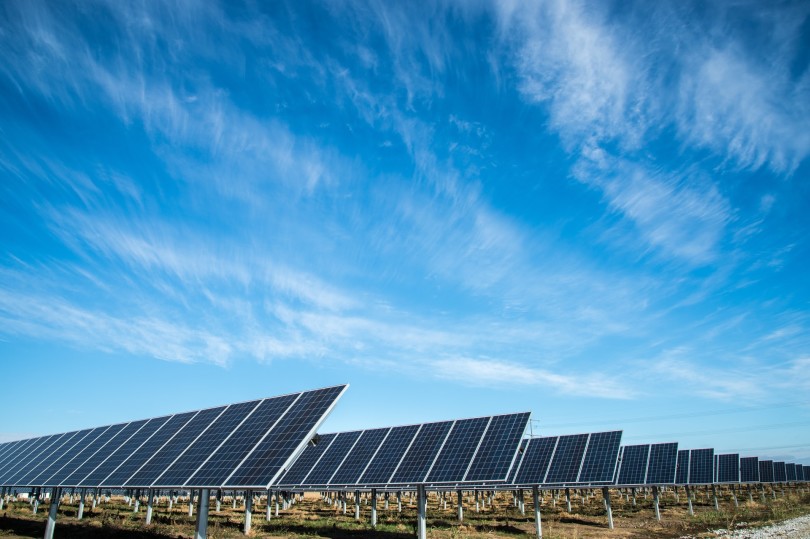How does Battery Energy Storage work?
19 Apr 24
Enviro ChatThe Global News Source for the World of Science and Chemicals
28 June 2020
Lab Chat
The Arab peninsula is not known for its reliance on renewable energy. Indeed, much of the region’s wealth and infrastructure has been built on the extensive oil reserves found beneath its soil. Even today, over a quarter of Middle Eastern power is derived from oil. For comparison, just 3% of that power comes from renewable sources.
Fortunately, the tide appears to be turning. Several Arab nations across the Middle East and northern Africa have invested in renewable technology in recent years, with solar power proving to be a particularly popular choice. That’s hardly surprising, given that the area is home to year-round sunshine, but the gradual shift towards solar power is encouraging all the same.
Arab investment in solar technologies has skyrocketed of late. Between 2008 and 2018, the capital being poured by Middle Eastern states into solar power increased 12 times; its current capacity figure of 9.1GW is a hundredfold increase from just 91MW ten years ago.
In the past decade, renewable capacity in the Middle East has doubled to 40GW today and it’s projected to double once more to 80GW by 2024. Much of that capacity is expected to come from solar, which, thanks to advanced technology and greater government subsidy, will only continue outperform other, more traditional forms of energy generation.
For example, a new solar plant under construction in Abu Dhabi in the UAE was the recipient of the lowest ever tariff for the energy source, at just $1.35 per kilowatt hour. That means that it will be capable of producing electricity at one-third the cost of oil and two-thirds of that of gas, even during the current lull in prices around the world.
Those financial advantages are attractive enough, but the environmental ones are hard to ignore, as well. With air pollution across the world falling dramatically thanks to lockdown measures implemented to curb the spread of coronavirus, world leaders have been discussing how the COVID-19 recovery can tackle climate change. Transitioning to a cleaner energy market is certainly one way of doing so.
Meanwhile, the economic upheaval caused by the current crisis is just one more reason why renewables make good business sense going forwards. In the words of one Saudi-based renewables investor, “Why spend money taking fuel out of the ground and processing it rather than relying on God-given free sun and wind?”
With the Saudi Crown Prince naming renewable energy as one of the pillars of his plan to reform the country’s economics, UAE installing the cheapest solar farm to date and Egypt putting the finishing touches on Benban, a 6 million-panelled complex capable of generating electricity for more than a million homes, the future certainly looks bright for the Arab solar sector.
DOWNLOAD PDF

2 Day Seminar Program
@ ArabLab+ 2024
24 & 25 September 2024
Your stay in Dubai
Labkit
Product News
Chemkit
Product News
Thinking about exhibiting at ARABLAB 2024? Watch our video to find out more.
Join the world’s leading organisations…
Join our mailing list and receive the ARABLAB newsletter and event updates.